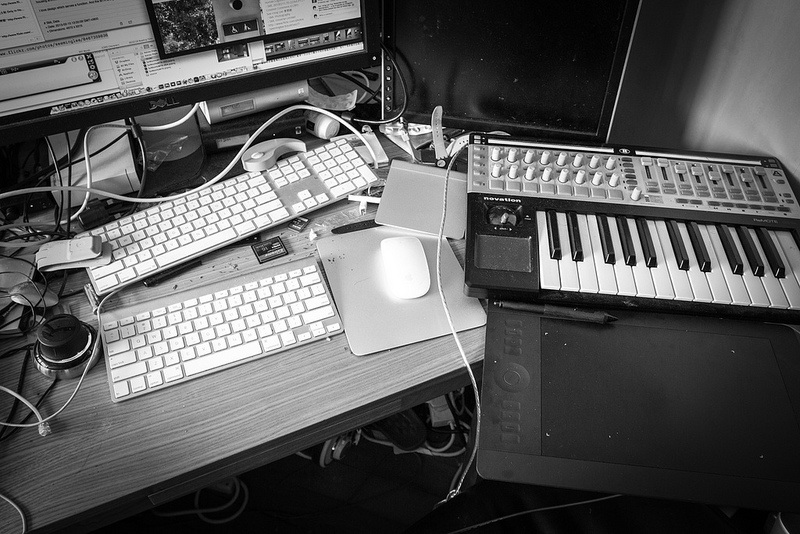| If nothing else, the past few days have shown that Utah’s Republican Party probably should rethink the way it lets people vote over the Internet during presidential primaries. Might as well just set up a Wiki-election and let everyone change things as they please. It would save everyone a lot of trouble. You can’t trust the Internet. You can’t trust Washington. Heck, you can barely trust yourself. |
| | Oh, and the Russians, apparently, are coming. You can trust that. What it means, however, isn’t clear. A lot of people are coming for your stuff. If you don’t know that by now, you have no business carrying a credit card or possessing a Social Security number. The FBI has sent a “flash alert” to election officials from coast to coast, warning them that people are trying to hack into their systems. NBC News reported in recent days that sources are attributing this to official Russian intelligence operations. This week we learned these sources nabbed the records of 200,000 registered voters in Illinois. But why? Are legions of Cossacks going to gallop into Chicago on Election Day, fake voter registrations in hand, and demand their ballots? Will they be singing the Volga Vote Song? Or is this just another case of the same-old scheme countless of criminals work on daily in front of their computers – find ways to grab tons of names and personal information so you can create false identifications and steal money? Utah’s state elections director, Mark Thomas, thinks that last theory makes a lot of sense. And, by the way, he doesn’t need the FBI to tell him to beware of hackers. “We get millions of attacks on our state system every day,” he told me. The same probably could be said of any organization that keeps a database with a lot of names on it. But when that organization also is in the business of democracy, we should pay attention. “There are people out there who would take any opportunity to exploit the system for their purposes,” Thomas said. The more Utah is seen as a possible swing state, the greater the opportunities. But when he starts to recite the redundancies and the many pieces that work independently in Utah on Election Day, you begin to wonder how any hacker, even one as organized as the Russian government, would have the time or patience to steal an election. In Utah, as elsewhere, elections are handled on the county level — 29 of them working independently. Some are beginning to rely more on mail-in ballots than on computer terminals. Each county counts its own ballots, using machines. Final tallies are sent to the state through a closed electronic transfer, not through the Internet. Auditors later check the machines against the paper readouts they generate with each ballot (and which voters can double-check at the time they cast their votes). Multiply this by more than 3,000 counties in the United States, each using its own system, and you begin to get an idea of the task at hand. This is one time virtually everyone agrees it’s better to leave things to local governments than to Washington. Which is a good thing, because, of course, Americans don’t trust Washington, or politicians, or institutions or each other. Trust, it seems, is the easiest thing of all to hack. You don’t even really have to hack it. Just make people think you have. Donald Trump already has said the outcome of November’s election might be rigged. Russia already stands accused of hacking into Democratic Party computers in an effort to embarrass Hillary Clinton (oddly, Republican computers seem safe). Merle King, executive director of Kennesaw State University’s center for election systems, summed it up recently in the Washington Post. “I frequently find myself challenged to prove the negative. … Can I prove that the Arizona system was not hacked by Russian state operatives? I cannot.” We don’t trust each other, let alone the Russians. In a strange way, that makes the nation’s upcoming election more secure. The same is not true of the republic overall, however. |


 RSS Feed
RSS Feed

